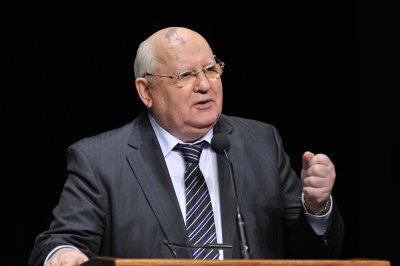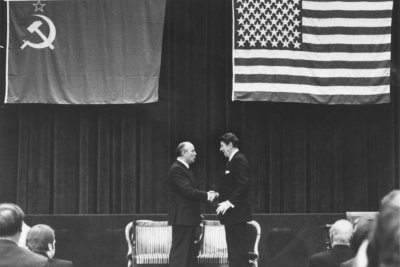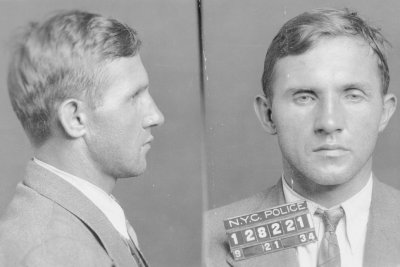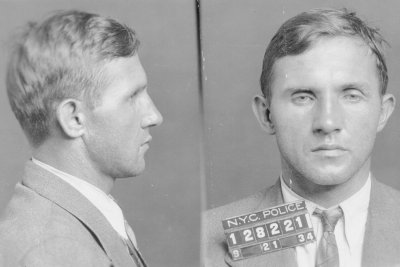Topic: Yuri Andropov
Yuri Vladimirovich Andropov (Russian: Ю́рий Влади́мирович Андро́пов, Yury Vladimirovich Andropov; 15 June 1914 – 9 February 1984) was a Soviet politician and the General Secretary of the Communist Party of the Soviet Union from 12 November 1982 until his death fifteen months later.
Andropov was the son of a railway official Vladimir Konstantinovich Andropov, who was a member of a Don Cossack noble family. His mother was Yevgenia Karlovna Fleckenstein, a daughter of a wealthy Moscow businessman, Karl Franzovich Fleckenstein, a German Russian from Vyborg. He was educated at the Rybinsk Water Transport Technical College before he joined Komsomol in 1930. He became a member of the Communist Party in 1939 and was First Secretary of the Central Committee of Komsomol in the Soviet Karelo-Finnish Republic from 1940 to 1944. During World War II, Andropov took part of partisan guerrilla activities in Finland. From 1944 onwards, he left Komsomol for party work. In 1947 he was elected Second Secretary of the Central Committee of the Communist Party of the Karelo-Finnish SSR. He moved to Moscow in 1951 and joined the party secretariat. In 1954, he became the Soviet ambassador to Hungary.
In 1954, Andropov became the Soviet Ambassador in Hungary and held this position during the 1956 Hungarian Revolution. After these events, Andropov suffered from a "Hungarian complex", according to historian Christopher Andrew: "he had watched in horror from the windows of his embassy as officers of the hated Hungarian security service were strung up from lampposts. Andropov remained haunted for the rest of his life by the speed with which an apparently all-powerful Communist one-party state had begun to topple. When other Communist regimes later seemed at risk - in Prague in 1968, in Kabul in 1979, in Warsaw in 1981, he was convinced that, as in Budapest in 1956, only armed force could ensure their survival".
It uses material from the Wikipedia article "Yuri Andropov."














